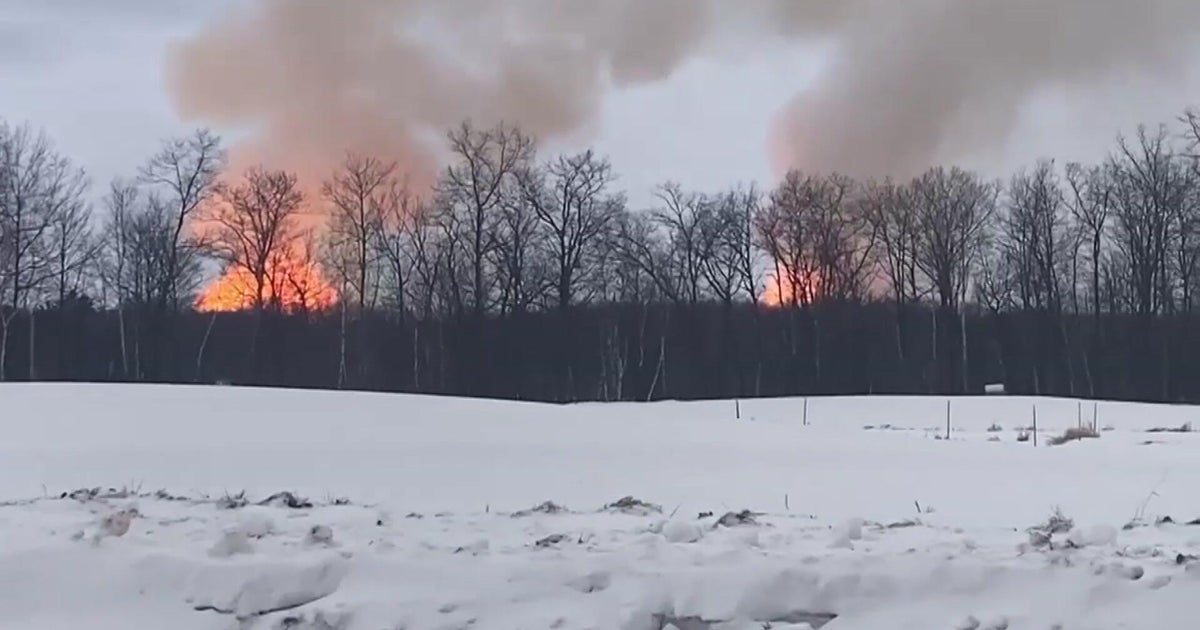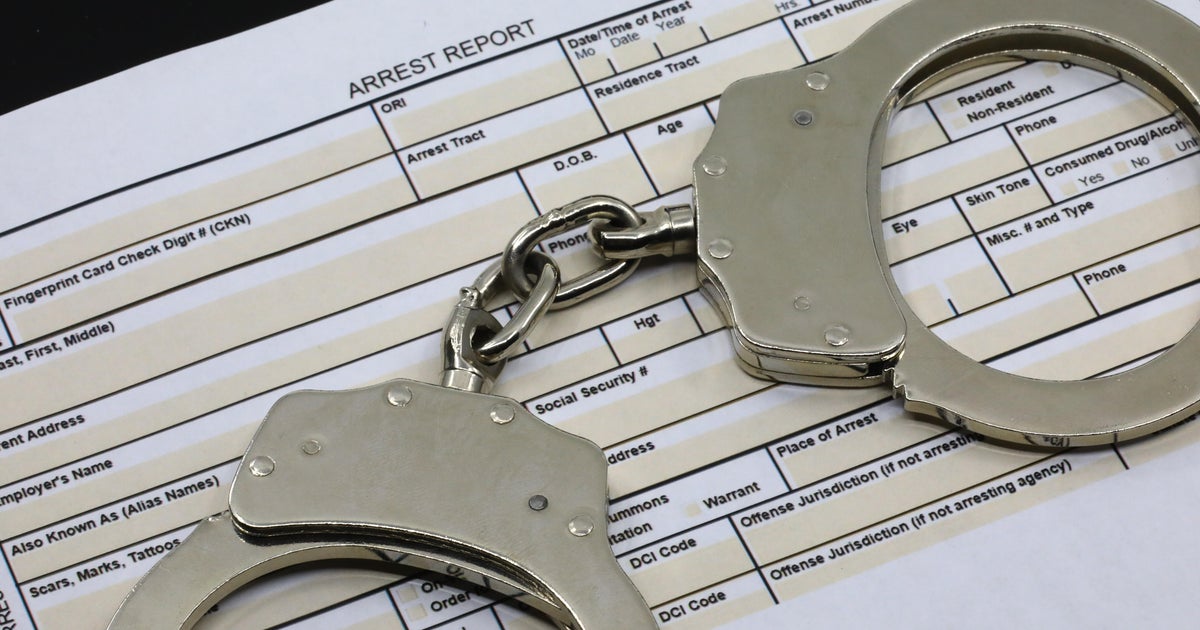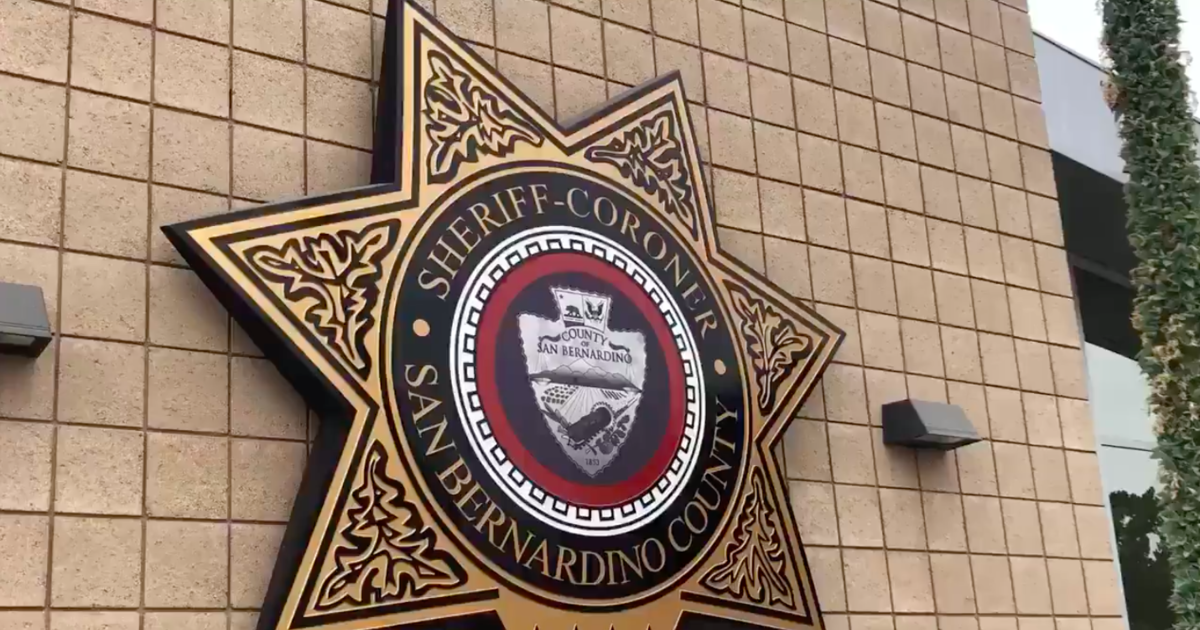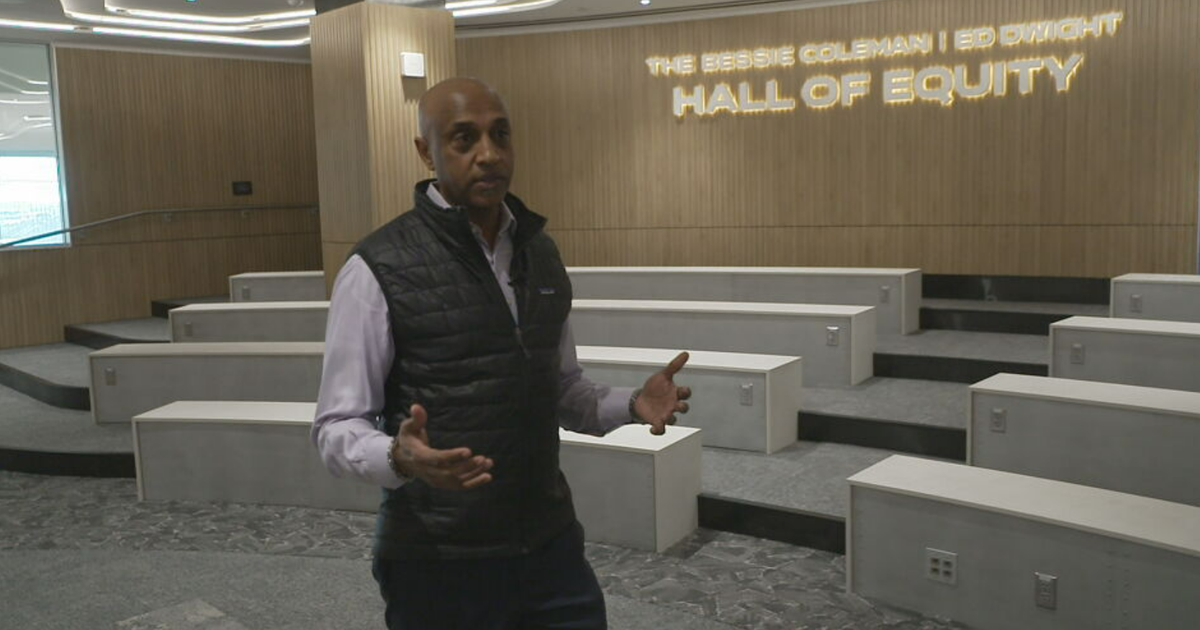Gulf States Receiving Nearly $370M For 24 Restoration Projects
Follow CBSDFW.COM: Facebook | Twitter
NEW ORLEANS (AP) — The five Gulf states are receiving nearly $370 million for 24 projects to restore natural resources damaged by the huge 2010 oil spill, the National Fish and Wildlife Foundation announced Tuesday.
Louisiana is receiving $245 million from a fund set up to oversee criminal penalties from the spill — about two-thirds of the total, Tanner Johnson, a director of the fund, said after a news conference in New Orleans to discuss Louisiana's share.
Alabama is getting $63 million, Florida $32 million, Mississippi $16 million and Texas nearly $12 million, according to a news release.
Johnson said BP PLC and other defendants will make two more payments totaling about $1 billion by Jan. 30, 2018.
The oil spill, one of the largest environmental disasters in history, began on April 10, 2010 with an offshore rig explosion and fire. Millions of barrels of oil leaked into the Gulf of Mexico for 87 days after the explosion. British Petroleum, which was found primarily responsible for the spill, has paid billions in cleanup costs, settlements and penalties.
This is the fourth and largest round of grants so far from the foundation, which has one of the smallest pots of money resulting from the BP spill in the Gulf. It will get a total of $2.5 billion over five years for projects aimed at repairing the oil spill's harm to the Gulf states' natural resources.
The largest chunk, $8.1 billion, will be parceled out under the Natural Resources Damage Assessment program, which evaluates and restores resources affected by oil spills, hazardous waste sites and vessel groundings. The states will receive a total of $5.3 billion under the federal RESTORE Act, which set up a trust fund to get 80 percent of water pollution penalties paid after July 2012.
The foundation's grants totaled about $100 million in each of the first two years and more than $80 million last year.
Louisiana's five grants include about $100 million in engineering and design money for two major projects to divert sediment from the Mississippi River to create new wetlands.
Those projects "are key to reversing Louisiana's land loss trend, by mimicking the natural land-building processes of the Mississippi River and carrying water and sediment into degraded wetlands to build new land," an environmental coalition called Restore the Mississippi Delta said in a news release.
Six projects in Alabama include buying and restoring significant coastal habitats.
Four projects in Florida include continuing fisheries monitoring and improving the ability to respond to sea turtle stranding.
Mississippi is getting money for two projects — expanding a program to monitor and help coastal birds and one to protect marine mammals and sea turtles.
The seven projects in Texas include buying up significant coastal habitat and improving critical stretches of shoreline.
Mississippi Gov. Phil Bryant said the foundation's grants are part of more than $114 million in BP oil spill money that his state is getting for 15 coastal restoration projects. He said the state is also getting $68 million under the RESTORE Act and $21 million under the Natural Resource Damage Assessment.
Mississippi's biggest projects are two clean water programs expected to reduce bacteria levels in the water near beaches. The state is getting $45 million in RESTORE Act money for one of them, and $11 million for the other. It's also getting $11 million to buy key tracts to conserve habitat and help restore Graveline Bay, between Ocean Springs and Pascagoula.
Both the Natural Resources Damage Assessment projects and the RESTORE Act money are in Mississippi's draft restoration plan, said Robbie Wilbur, spokesman for Mississippi's Department of Environmental Quality.
He said in an email to The Associated Press that the state expects approval of the RESTORE money in nine to 12 months, and by the end of the year from the Natural Resources Damage Assessment process.
(© Copyright 2016 The Associated Press. All Rights Reserved. This material may not be published, broadcast, rewritten or redistributed.)







